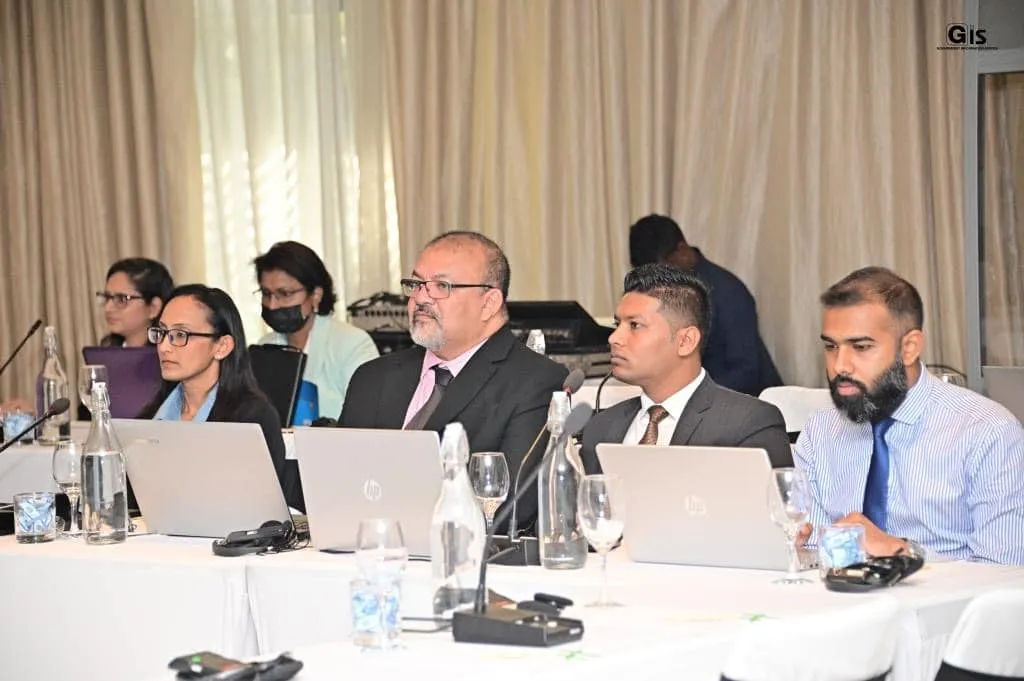Mauritius: A Cyber Forensics-First Responder training, organised by the Southern African Development Community (SADC) Secretariat in collaboration with the Independent Commission Against Corruption (ICAC) for representatives of ICAC-Mauritius, ACC-Seychelles, and BIANCO-Madagascar, was launched, today, during an official ceremony at the Holiday Inn Mauritius Hotel in Plaine Magnien.
The training, aiming to promote inter-agency cooperation, will span from 08 to 12 May 2023. The Director General of ICAC, Navin Beekarry, the Officer-Anti Corruption and Good Governance SADC, Ipyana Musopole, the Senior Manager, Learning and Development at the Special Investigating Unit South Africa, Enoch Qoma, and other officials were present at the opening ceremony.
In his address, ICAC Director Beekarry commended the SADC for this initiative to build capacity among its Member States in the region. He highlighted that the main objectives of the training are to enhance regional and international cooperation and provide participants with expertise and competencies in digitalisation in the context of an investigation.
He reassured that the ICAC is committed to supporting the SADC in promoting this kind of training in the region. ICAC, he stated, is very active in the region as it collaborates with counterparts at bilateral, regional, and international levels for capacity-building and promoting anti-corruption initiatives.
Furthermore, Mr Beekarry remarked that the development of cyber-labs is becoming increasingly essential as corruption is nowadays a complex matter, especially with the use of technology to facilitate illegal transactions. He also seized this opportunity to talk about the monopoly market case, whereby the USA and Europol arrested some 300 persons involved in drug trafficking through the dark web.
As for Mr Musopole, he observed that this training illustrates the importance of inter-agency cooperation in the fight against corruption. This pilot training, he added, is being sponsored by the European Union under the Support to Peace and Security in the SADC Region and will be conducted by resource persons from South Africa.
For his part, Mr Qoma stated that the training will provide participants with a broad overview of cyber equipment and how to collect and seize information from digital devices.
He added that participants will also be presented with, amongst others, methodologies used to collect evidence; ways to determine the criticality of information; the legislative framework that regulates the digital environment; and the various Conventions that deal with cyber-security.

